Towards a Black Orange
We can call something white, speak of a white city, we know that white is rarely uniform, that it connotes its varieties. But we cannot just speak of green for example. So many greens! The invasive green of vegetation, of Mother Earth. The green of chemistry. Even mineralogy transits between science and earth, the inert and the living. Verdigris evokes organic rot. Iron sulfate is an antibio, non-friable emerald magnifies the finger and the ear. Green of certain skies, green not terrestrial but cosmic. Green robe of the witch according to Michelet, green of the devil’s beauty. Green of soft silk and breakable glass, green paradox of a hard transparency, of a thin wall that lets one see. Hard to paint with green; all the colors are hard. As for the grays, they all have one color, and every color makes it. With gray, Braque builds form-spaces, the one thing I took from him—quite astounding. In a city, it’s always the reverse. Braque is not a decorative painter but the most secretive urbanistic dreamer—and there is no secret. Neither in a painting nor in a city. I do not propose anything, I say we don’t start from scratch, my impression isn’t a program, is even less a critique; I abstain when I cannot applaud. One must replay the whiteness, the flatness, the impossibility of a center, must play out the singular resistance of emptiness and of nothingness without wanting to refill it with the beautiful or the social. It’s up to the walker to be sound.
Chapter 1 from Djinns
Hüseyin… Do you know who you are, Hüseyin, when you see the shining contours of your face in the reflection on the balcony door? When you open the door, stride across the balcony, and a warm breeze caresses your face and the setting sun glimmers between the rooftops of the apartments in Zeytinburnu like a giant tangerine? You rub your eyes. Maybe you’re thinking—maybe every obstacle and every conflict in this life was only there so that, one day, you could stand up here and know: I’ve earned this for myself. With the sweat of my brow.
“Cut #1 (Kitchen at Noon)” and “Cut #5 (Winds)”
The blade, huge,
on which my daily
panic of a face
60 for 60: World Champion
Tech gadgets, outdoor-grilling gear, and novelty mugs are the gifts that we might expect a son to bestow upon his father. Not so in “World Champion,” a short story by the Israeli writer Etgar Keret, translated from Hebrew by Miriam Schlesinger and originally published in Columbia Journal’s forty-fourth issue. In this tale, a son honors his father’s 50th birthday with both a “gold-plated navel cleaner” and violent revenge.
Two Yangzhou Poems
On the stand that collapsed
long before my arrival, I halt
and look to the autumn sun—
2022 Columbia Journal Spring Contest
The Columbia Journal is delighted to announce that the 2022 Spring Contest is now officially open for submissions in fiction, nonfiction, poetry, and translation. Our judges this year are Garielle Lutz (fiction), Colleen Kinder (nonfiction), Natasha Rao (poetry), and Aaron Coleman (translation).
Excerpt from the Poem, The Amphibian
I do not know who was singing
Amid beats, strains, and melodies, I was conscious of unrhythmic footfalls
The way Kafka was wary of feet beneath the land of Prague
60 for 60: Music Box
I came to poetry by way of Pablo Neruda, seeking the poets of my continent for guidance when the Europeans and Americans—the Plaths and Rimbauds and Dantes of the world—encouraged dark thoughts in me. Across the cordillera, off the southernmost tip of America, Neruda’s countryman had been going blind and making waves of his own, away from the odes to the body and the waves that drew me in.
Excerpt from Chapter 1 “The Journey” from The Murders of Moisés Ville
We make our way through the corners of the grand old building that houses the Buenos Aires Jewish Museum, following the guide—an elegant woman with a friendly smile—and looking at passing displays with old prayer books decorated in mother-of-pearl and gold leaf, a letter from Albert Einstein to the Argentine Jewish community, and even a table set with plastic food and electric candles in imitation of the Shabbat ceremony.
60 for 60: The Brazier
Gertrude Stein said that, “One of the things that is a very interesting thing to know is how you are feeling inside you to the words that are coming out to be outside of you.” Poet Donald Revell captures that very feeling—a feeling which became a catalyst for the blazing onset of French Modernism—in his translation of surrealist poet Guillaume Apollinaire’s “Le brasier” in Columbia Journal’s twenty-second issue, from the winter of 1994. I thoroughly enjoy the first two lines of the translation, which Revell ingeniously flipped. “What I adore and transport/ I’ve thrown into the fire” (1-2). Revell makes it more palatable for an English-speaking reader without losing its flair. He does an outstanding job capturing the slant rhymes Apollinaire uses, such as with the rhyme of “testicles” and “vegetables.” At times he gets creative and writes a rhyme where one didn’t exist in the original.
Two Poems by Arthur Rimbaud & Two Poems by Jean-Michel Basquiat
I will, no doubt, tell your story one day:
After all, it is always with us.
A, black, shadows
60 for 60: A Poetic State
I cut onions and squeeze lemons: I behold the spectacle of the world.“A Poetic State” by Czesław Miłosz, translated from Polish to English by the author and Robert Hass, is a wonder to behold. It was published in the eighth issue of Columbia Journal in 1983.
“eyes” and “houses” by Ana Guadalupe, Translated from the Portuguese by Ananda Lima
eyes
as a future blind person
I prefer to engage
with those who also have
blindness ahead of them
Excerpt, pp. 27–43, from Dust Collectors by Lucie Faulerová, Translated from Czech by Alex Zucker
I’m an operator on a private information line that’s past its sell-by date. I inform people. About everything. If there’s something you don’t know, don’t hesitate, just ring me up. I can tell you absolutely anything. As long as it’s in our database or on the internet. So if you want to save some money, just look it up yourself. I can tell you how many teeth a squirrel has, what time your bus is coming, the current exchange rate for the US dollar, which highways are congested right now, how much Justin Bieber weighs, the closest branch of your bank, the number for the post office, or what time it is in Arunachal Pradesh. I’m your instant, obligatory answer. All day long I do nothing but listen to what people want, what they’re looking for, what they need. The world poses questions, I answer. A job as essential as Anna’s existence, my narrator thinks. In the age of the internet and maximum access to information, I play the part of the know-it-all. The online savior of the illiterate. I can tell you anything, and if I don’t know, I will gladly put you through to somebody who does.
Poetry Excerpts from Bindle of Exile by Souad Labbize
Don’t count on
my small balcony
in this humid weather
Excerpts from Pedro Carmona-Alvarez’s Inventarium
There was the sea, we had finally arrived
at its beach covered in rushes, so much wind
where we stood, we watched a sea eagle
60 for 60: The Poet’s Task
I love Alfred Corn’s translation of Pablo Neruda’s “The Poet’s Task” from Spanish to English, which was published in the twelfth issue of Columbia Journal in 1987.
5 Poems from Basket of Braids by Natalia Litvinova
with a man
on the other side of the forest
is to live out the mystery,
“Party 1-8” from Sexual Equilibrium of Money by MID [Mita Dimitrijević]
One can and dare do with moncy (+) what one dare not, cannot do sexually (-). With goods, the "thing-in-itself" (+), the seen and unseen, one can evaluate a relationship; a calculation (-) by itself is not the end
With Our Slingshots (Read Slowly Please) from small red women
We were from here, but also from elsewhere. We are the lost children and the dead women. God does not exist—we are proof of that—and down here we always wear a smile.
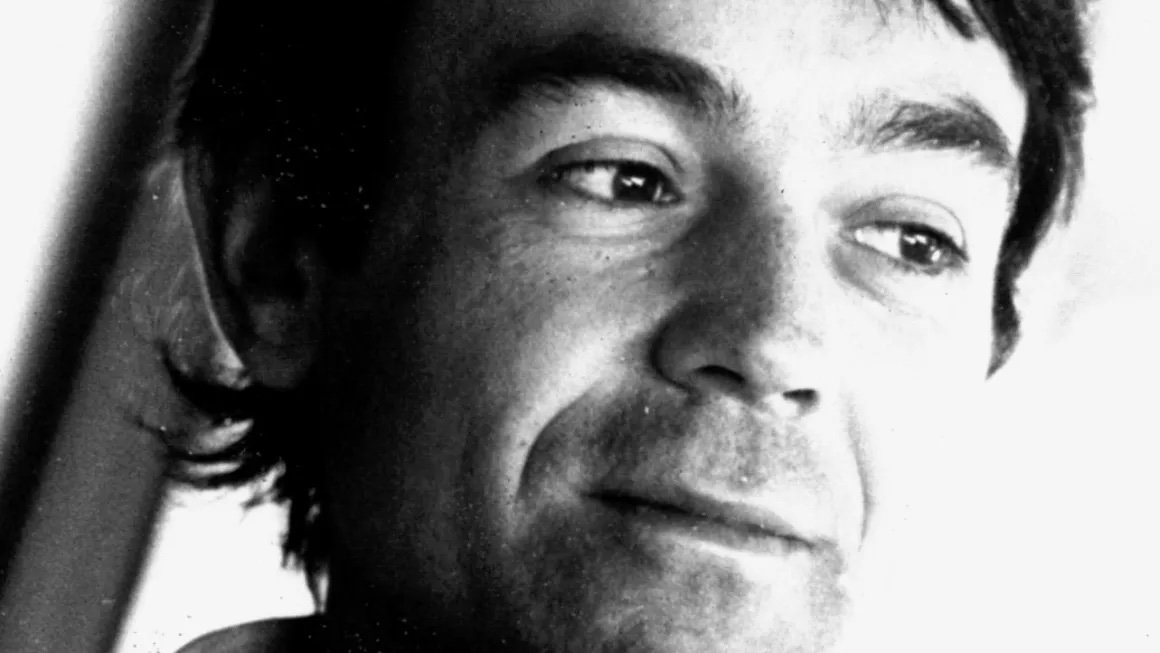



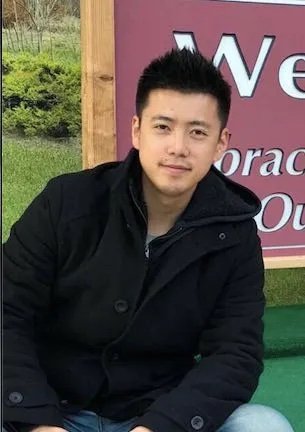





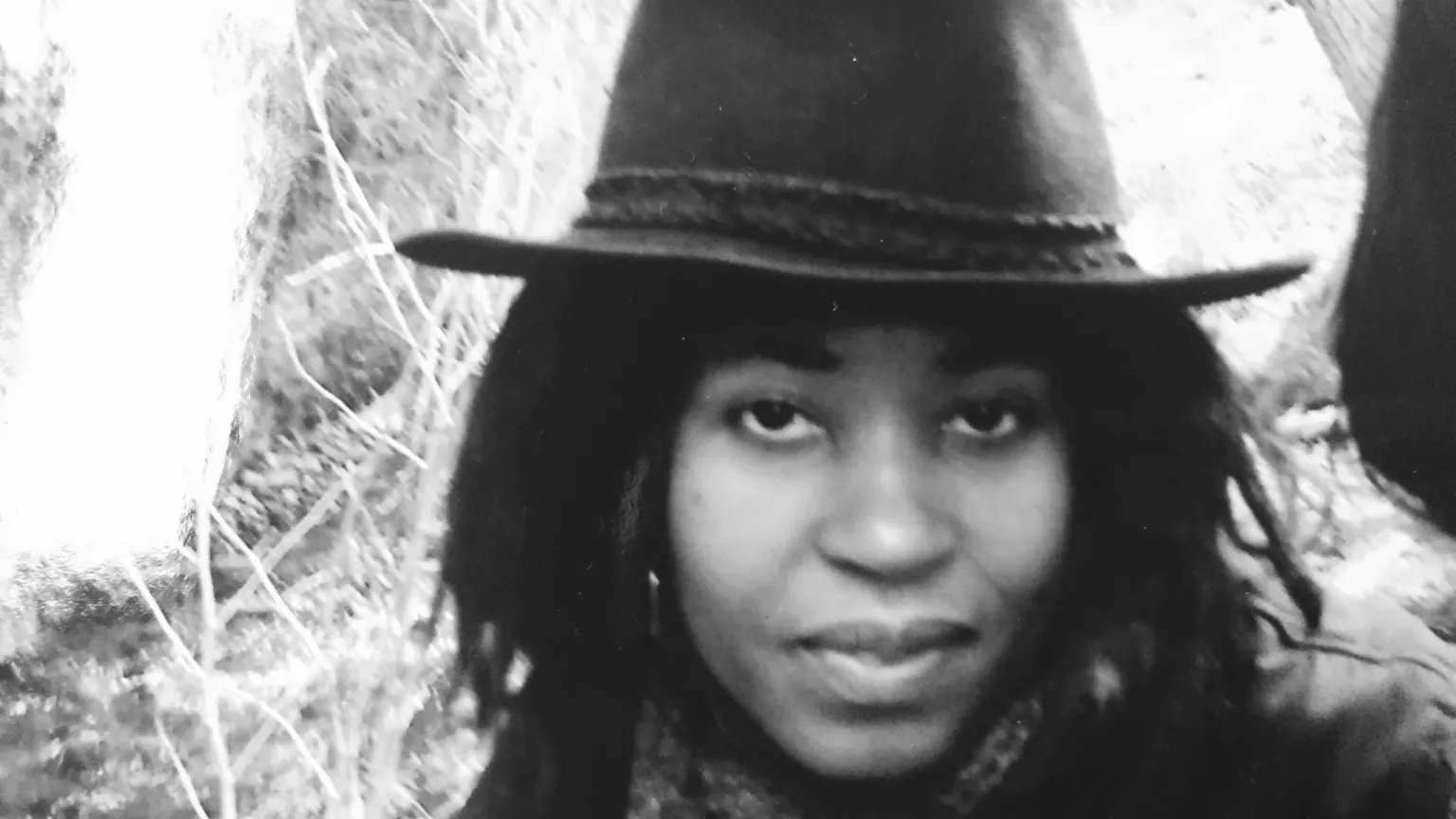
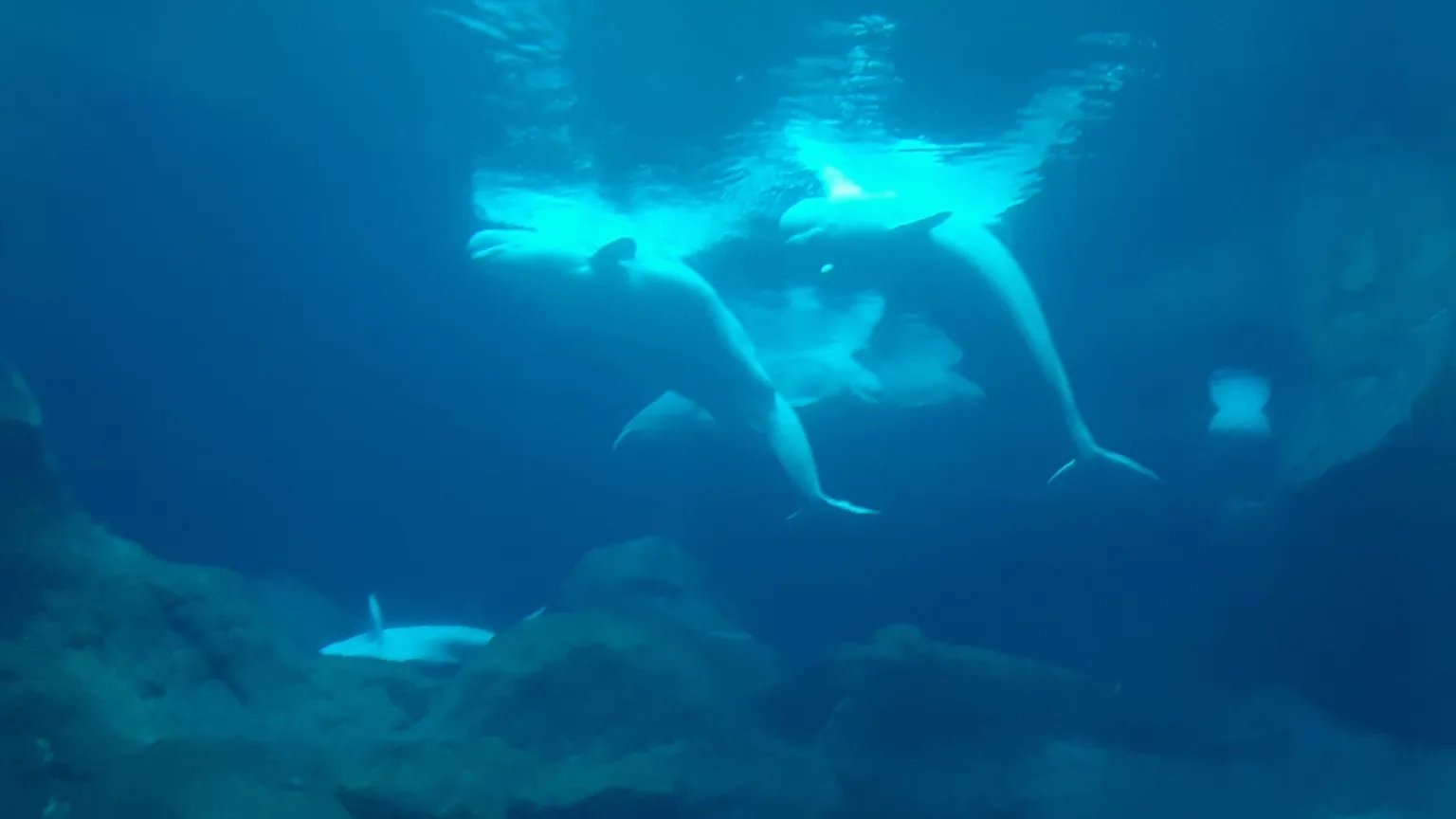
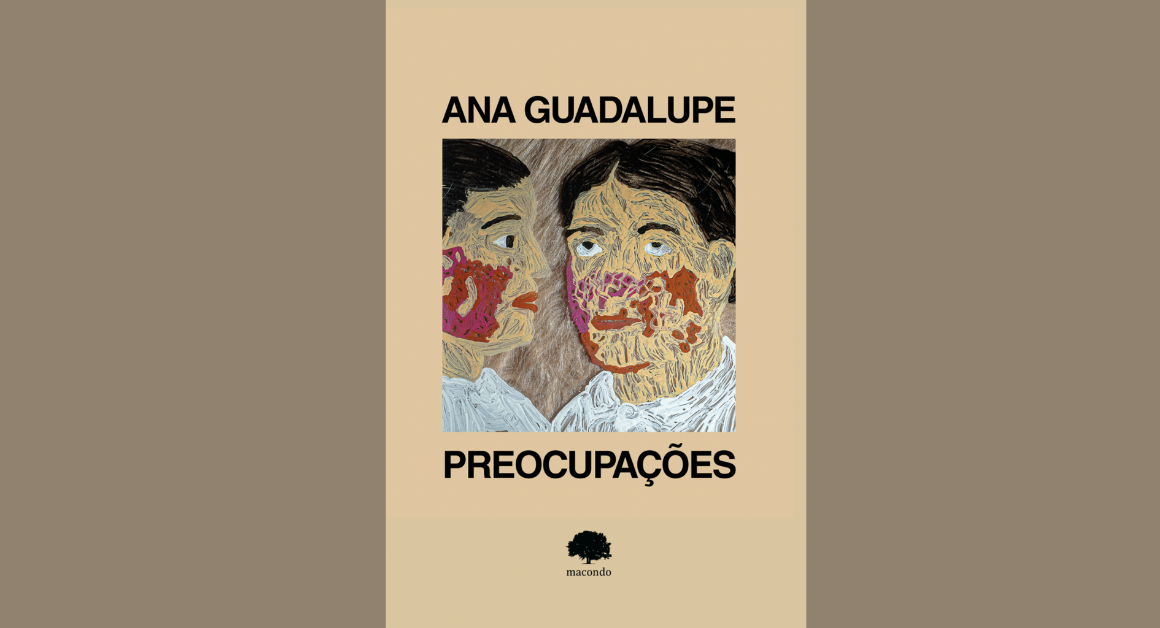

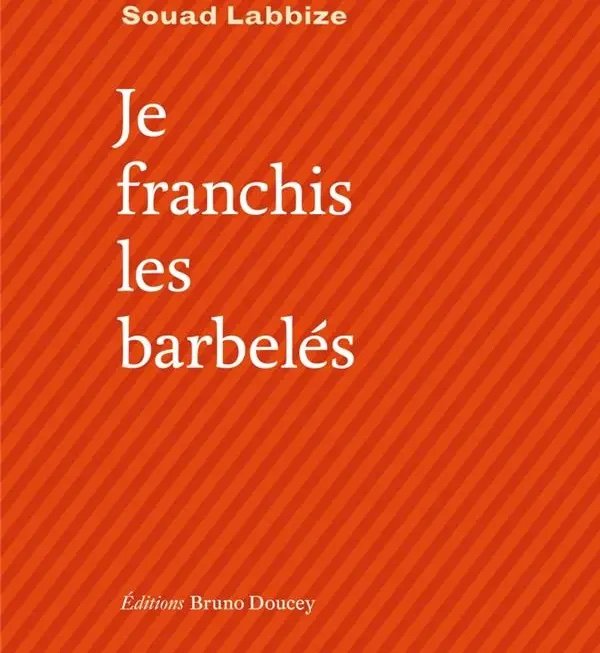


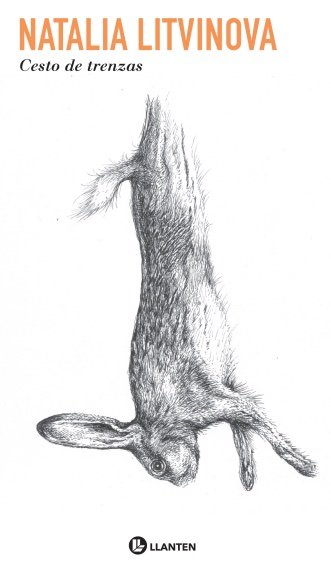
![“Party 1-8” from Sexual Equilibrium of Money by MID [Mita Dimitrijević]](https://images.squarespace-cdn.com/content/v1/64078b07fc55bb62f3100e4e/e516e69e-672d-4096-bfc4-c03fc5266235/MID-Sexual-Equilibrium-of-Money-2.png.webp.jpeg)






























